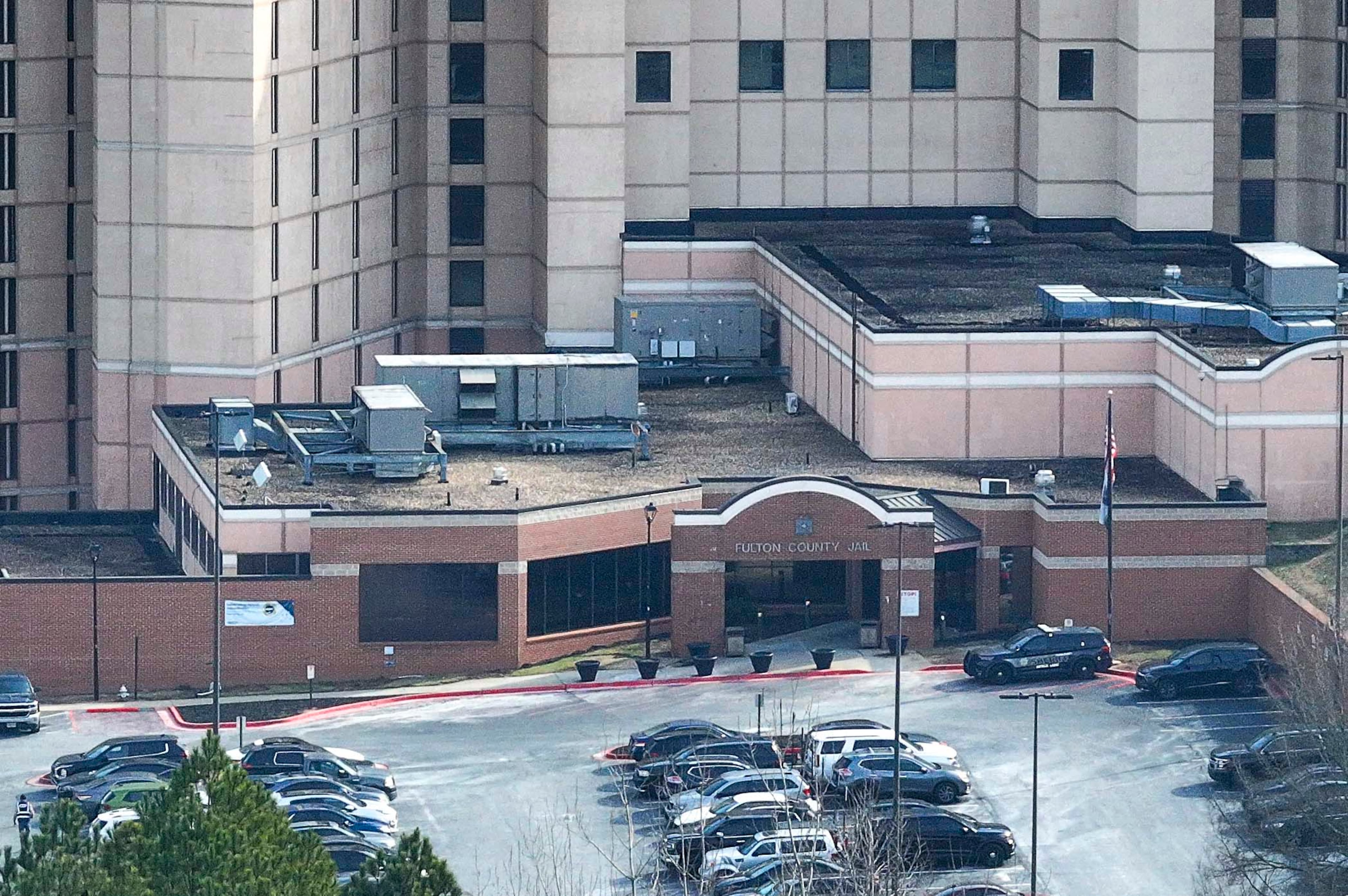Prison reforms get Senate committee backing

To improve Georgia’s troubled prison system, the General Assembly should hike correctional officer salaries, consider more private-public partnerships to expand capacity, increase mental health services and move to single-person cells to improve safety. Those are among a slate of recommendations that a state Senate study committee approved Friday, following hours of testimony at a series of meetings that began in August.
Other recommendations that won approval include asking for an audit of contracts to identify any excessive vendor costs, ordering a compensation study, prioritizing new technology to improve security at current and new facilities, and taking action to make sure wardens adhere to consistent policies to prevent culture differences among facilities. The committee also recommended that the state seek federal approval to jam cellphone signals at prisons. Prisoners have used cellphones to run criminal enterprises from inside the prisons, including directing drug trafficking networks and operating various fraud schemes.
But the committee voted against a recommendation to create an independent oversight department or bureau to monitor the state prison’s system.
“Oversight is provided by regular committees, subcommittees and study committees, and I’m not sure we need to create yet another level,” said Sen. John Albers, R-Roswell, in opposing the recommendation.
The study committee chairman, Sen. Randy Robertson, R-Cataula, also opposed the idea, saying he doesn’t favor an ombudsman process that doesn’t answer to anyone. “I think a part of oversight is what we’re doing right now,” he said.
The study committee, created by the Senate in March, reached its recommendation after hearing more testimony Friday morning, primarily from advocates, people whose loved ones had died in custody, and people who had served sentences in Georgia. Most of the prior meetings focused on testimony from the Georgia Department of Corrections.
Friday’s testimony included stories of rampant violence, deaths and inadequate health care experienced by those in prison. Suspicious deaths that weren’t properly investigated were also mentioned during the meeting. That included the testimony of Heather Hunt, whose son died at Rogers State Prison in September. She was told the death was a suicide, but she said prison officials were hostile to her questions and delayed providing information that didn’t add up when it was provided.
The AJC Prison Corruption Series
Read an ongoing series about Georgia’s prison system from The Atlanta Journal-Constitution
Highlights and latest news from the AJC’s prisons coverage
Georgia prison homicides outpacing last year
Georgia prison system engages in deception as crisis builds
Dept. of Justice finds Ga. prisons in chaos, state ‘indifferent’ to violence
Georgia prison corruption: Criminal kingpins operate from the inside
Georgia officials won’t release information on how prisoners are dying
In the wake of hearing the morning testimony, Sen. Timothy Bearden, R-Carrollton, suggested that the Georgia Bureau of Investigation should be brought in to investigate all deaths within Georgia’s prisons. Now, the GBI handles autopsies, but the GDC’s internal investigators handle most of the death investigations.
Robertson said it’s generally up to GDC Commissioner Tyrone Oliver to decide whether to call in the GBI. Robertson said it might make sense to routinely rely on the GBI, although the committee did not plan to include the suggestion in its report. “One thing that it does is it takes the suspicion out of the mix and the conspiracy theories tend to go away when that happens,” Robertson said.
Homicides within the Georgia prison system have reached record levels this year, the AJC has found.
The General Assembly will take up the recommendations when it convenes in January.
The Georgia General Assembly has faced increasing scrutiny in recent months in the wake of an AJC investigation, a blistering report issued in October by the U.S. Department of Justice and a highly critical contempt order issued in April by a federal judge in a long-running civil case. Gov. Brian Kemp announced in June that he had hired consultants to conduct a deep study of the prison system and recommend changes to improve conditions.
The Georgia Department of Corrections has said it is making progress toward addressing problems within the prison system.



